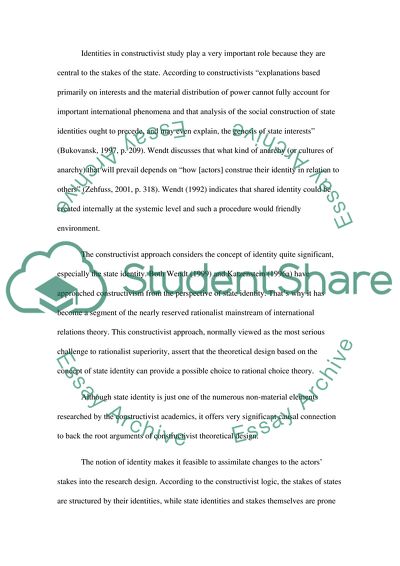Cite this document
(Why is the Notion of Identity so Important for the Constructivist Term Paper, n.d.)
Why is the Notion of Identity so Important for the Constructivist Term Paper. Retrieved from https://studentshare.org/politics/1806141-8why-is-the-notion-of-identity-so-important-for-the-constructivist-approach
Why is the Notion of Identity so Important for the Constructivist Term Paper. Retrieved from https://studentshare.org/politics/1806141-8why-is-the-notion-of-identity-so-important-for-the-constructivist-approach
(Why Is the Notion of Identity so Important for the Constructivist Term Paper)
Why Is the Notion of Identity so Important for the Constructivist Term Paper. https://studentshare.org/politics/1806141-8why-is-the-notion-of-identity-so-important-for-the-constructivist-approach.
Why Is the Notion of Identity so Important for the Constructivist Term Paper. https://studentshare.org/politics/1806141-8why-is-the-notion-of-identity-so-important-for-the-constructivist-approach.
“Why Is the Notion of Identity so Important for the Constructivist Term Paper”, n.d. https://studentshare.org/politics/1806141-8why-is-the-notion-of-identity-so-important-for-the-constructivist-approach.


